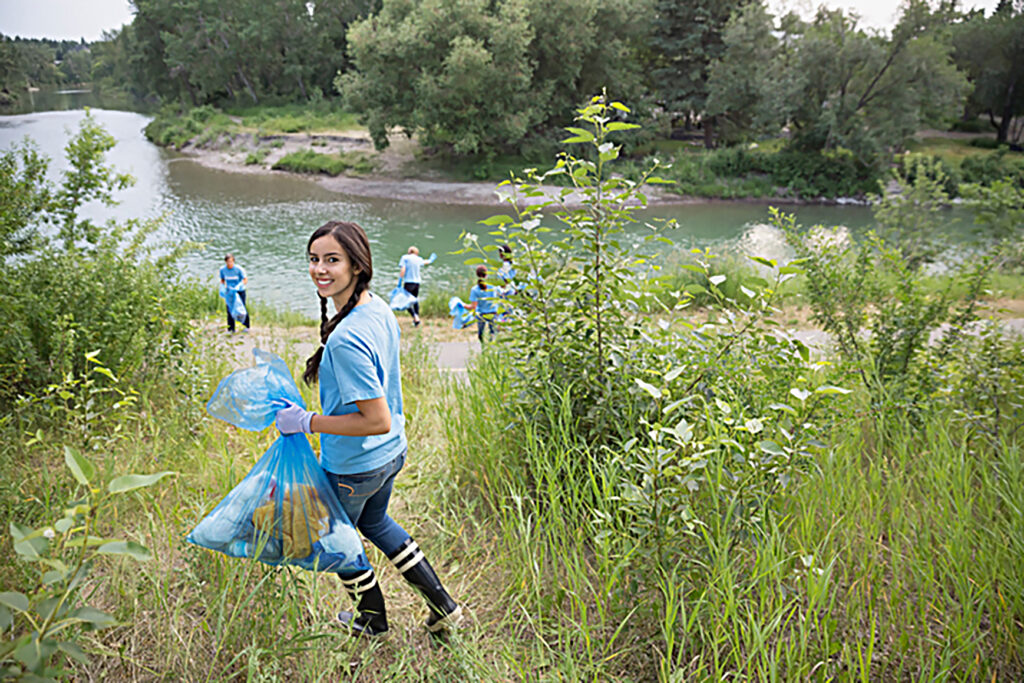Volunteers are not a ‘worker’ as defined by the Workers’ Compensation and Injury Management Act 2023 (WA), so LGIS WorkCare cannot extend to cover volunteers’ injuries.
LGIS does provide personal accident protection for physical accidents and injuries to volunteers within set parameters. Limited non-Medicare medical expenses may be covered; however any benefits covered by Medicare and Private Health Insurance are not included in personal accident covers owing to the operation of the Health Act 1973 (Cith), the Private Health Insurance Act (2007), the Private Health Insurance (Health Insurance Business) Rules as updated from time to time, or the National Health Act (Cth).
Members should implement a system to ensure that the age of volunteers is recorded (see conditions of personal accident cover) along with police clearance certificates where considered necessary.
Volunteers between the ages of 16 and 91 are able to volunteer so long as they meet the requirements of the role. It is advisable that potential volunteers obtain a medical certificate from their doctor saying they are fit for work.
It is important to have a process whereby the local government can advise LGIS the name of the volunteer, type of volunteer work being done, hours of volunteer work, together with a risk assessment of the work that the volunteer is doing, as per the register.
Should a volunteer be injured in the course of their volunteering role then the volunteer should be offered a return-to-work program. Ideally the volunteer should be offered the services of the local government’s nominated medical practitioner or their own doctor (GP) and will need to be supported through their injury. Whilst medical costs are not covered, some of treatment costs may be covered by the personal accident protection and all claims should be submitted via the local government in the first instance.
Particular attention shoud be given to volunteers aged 15 years and under, and 75 years and over due to the limitations of the coverage provided.
It should be noted, that volunteers are not covered under the Worker’s Compensation and Injury Management Act 2023 (WA).






